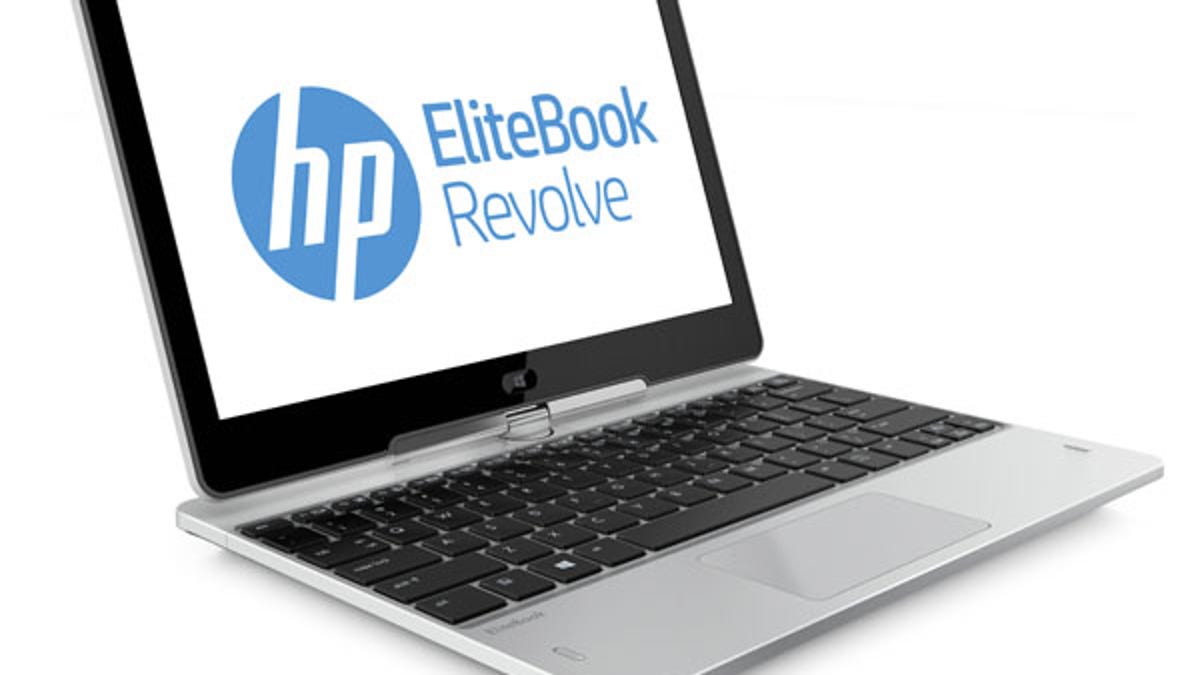Windows Blue is aimed at Intel 'Haswell' ultrabooks
Microsoft and Intel will deliver better power efficiency on devices running on Windows Blue.

Longer lasting Haswell ultrabooks are coming with Windows Blue.
Intel's upcoming Haswell chip will be tied to new technology coming with Windows Blue, according to a source close to Microsoft.
Haswell, due in June, is the next-generation mainstream Intel processor that will power ultrabooks and a variety of hybrids that straddle tablet and laptop designs.
Intel's silicon-level Haswell technology will result in "the single largest generation-to-generation battery life improvement in Intel history," according to a recent statement from Intel CEO Paul Otellni.
But Windows Blue -- an update to Windows 8 that is expected to deliver a variety of improvements beyond Haswell devices -- will contribute to the system's overall power efficiency too. Microsoft is building a "power model" that can adapt to a range of mobile computers with different "performance output," according to the source.
Basically that means Blue on mainstream Intel chips will be able to act more like a smartphone or tablet OS. That technology will come from both Microsoft and Intel, according to the source.
"You'll be able to buy an ultrabook that's as wickedly fast as you can imagine, faster than an Ivy Bridge PC. But with longer battery life," the source said. Ivy Bridge, Intel's current mainstream offering, will be superseded by Haswell.
"It will sleep longer [and] when you open the lid, your mail's going to already be in sync. So, you'll get the best of all of those worlds. And that's work that's coming in [Windows] Blue," the source said.
Some "flavors" of Haswell will come with an improved "standby" technology, which means essentially that when a device sleeps, it will stay connected to e-mail, social-networking sites, and the Internet in general, keeping the device up to date.
In this respect, Haswell will trump Ivy Bridge. In short, Haswell will get power-saving technology that's used in Intel's power-efficient -- though lower-performance -- "Clover Trail" Atom line of processors. The latter chips, which have a more advanced standby technology, typically power ultrathin "fanless" Windows 8 devices, like Lenovo's new ThinkPad tablet.
But Haswell will get closer to achieving the power efficiency of Intel's Atom processor while delivering the mainstream laptop performance that users demand on Windows.
Editor's note: as indicated in the story, Windows Blue is expected to offer improvements to a wide variety of devices. Not only Haswell chip-based devices. Haswell will be a major beneficiary, though, because it is expected to ship in tens of millions of PCs.

